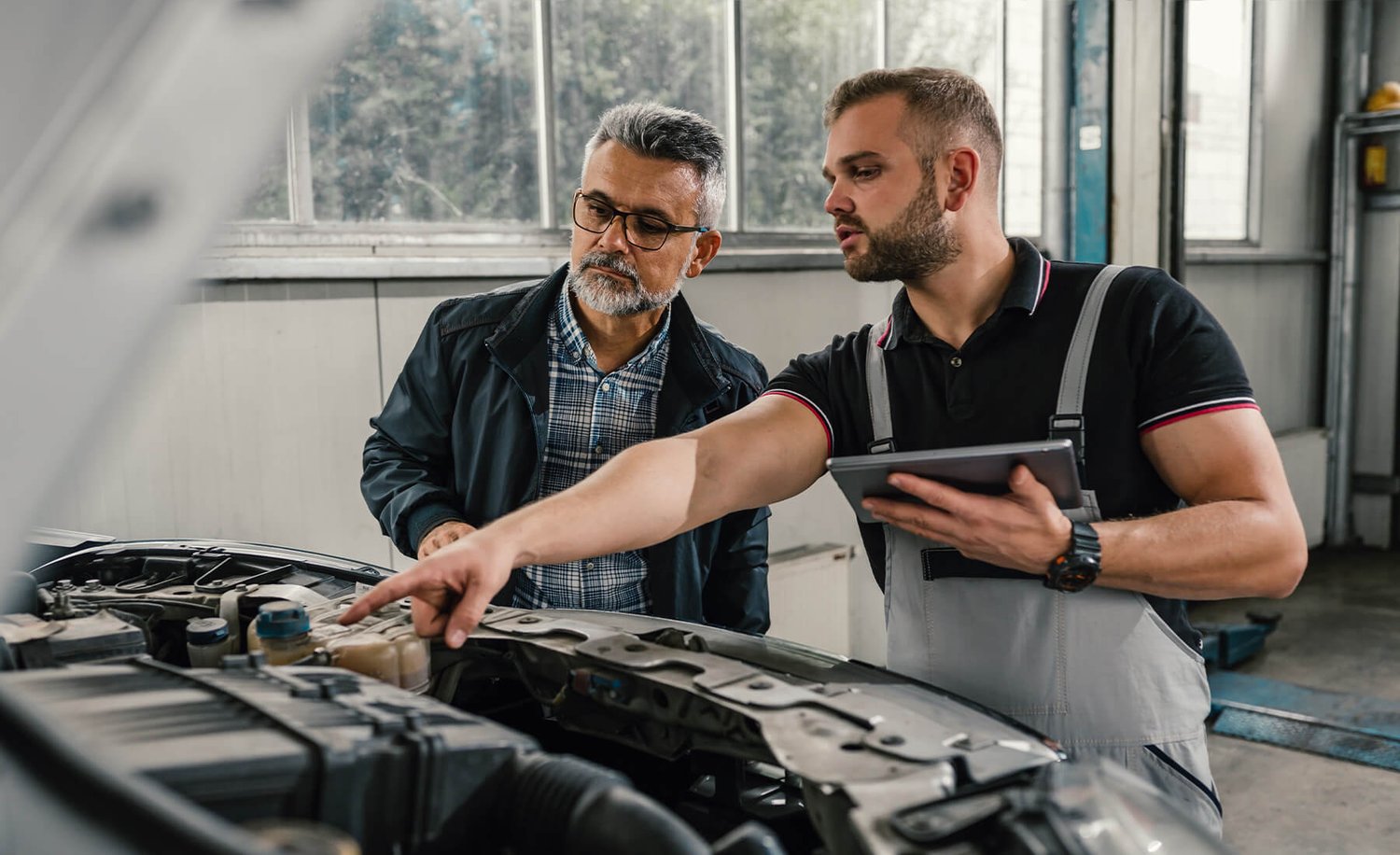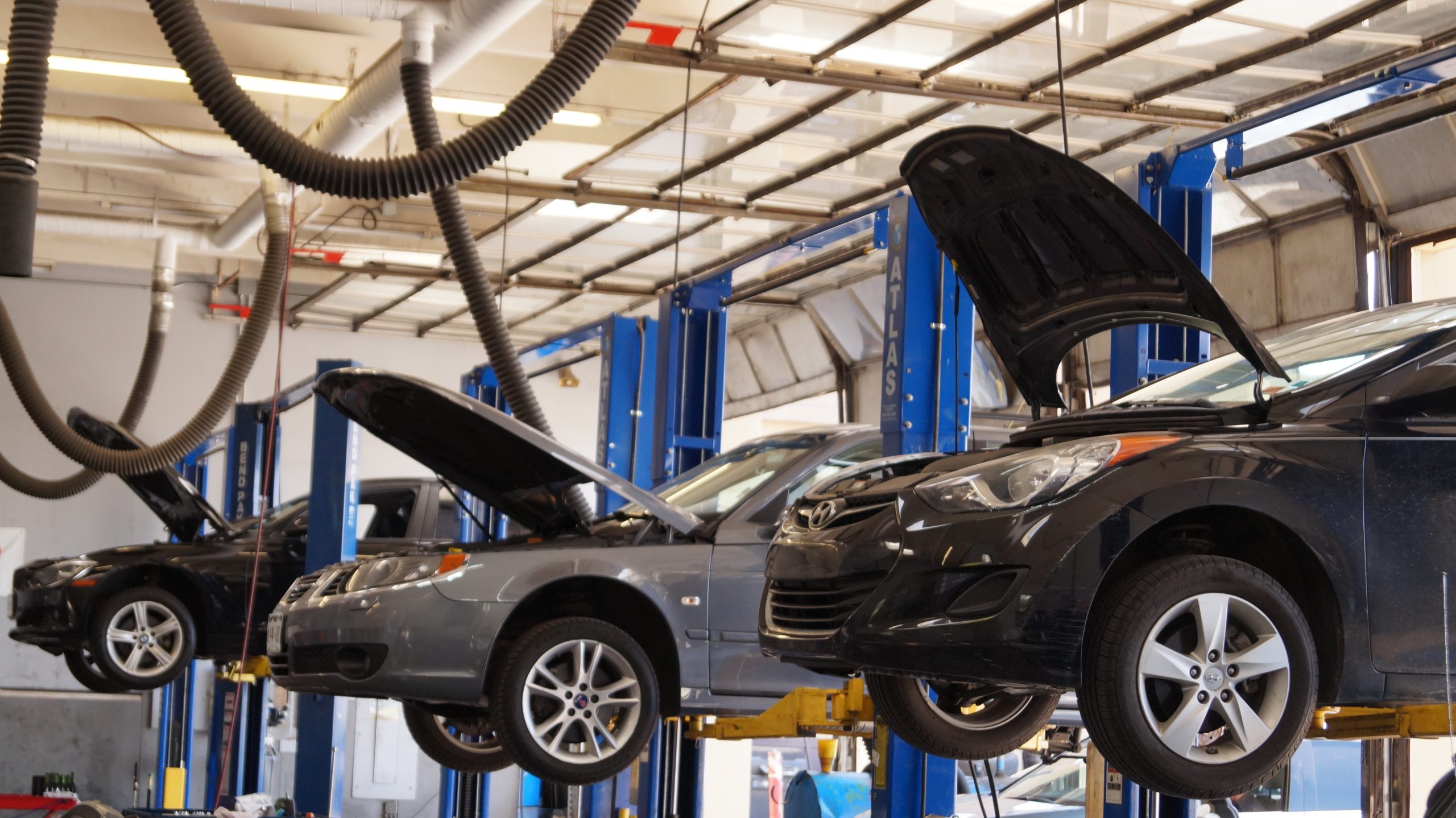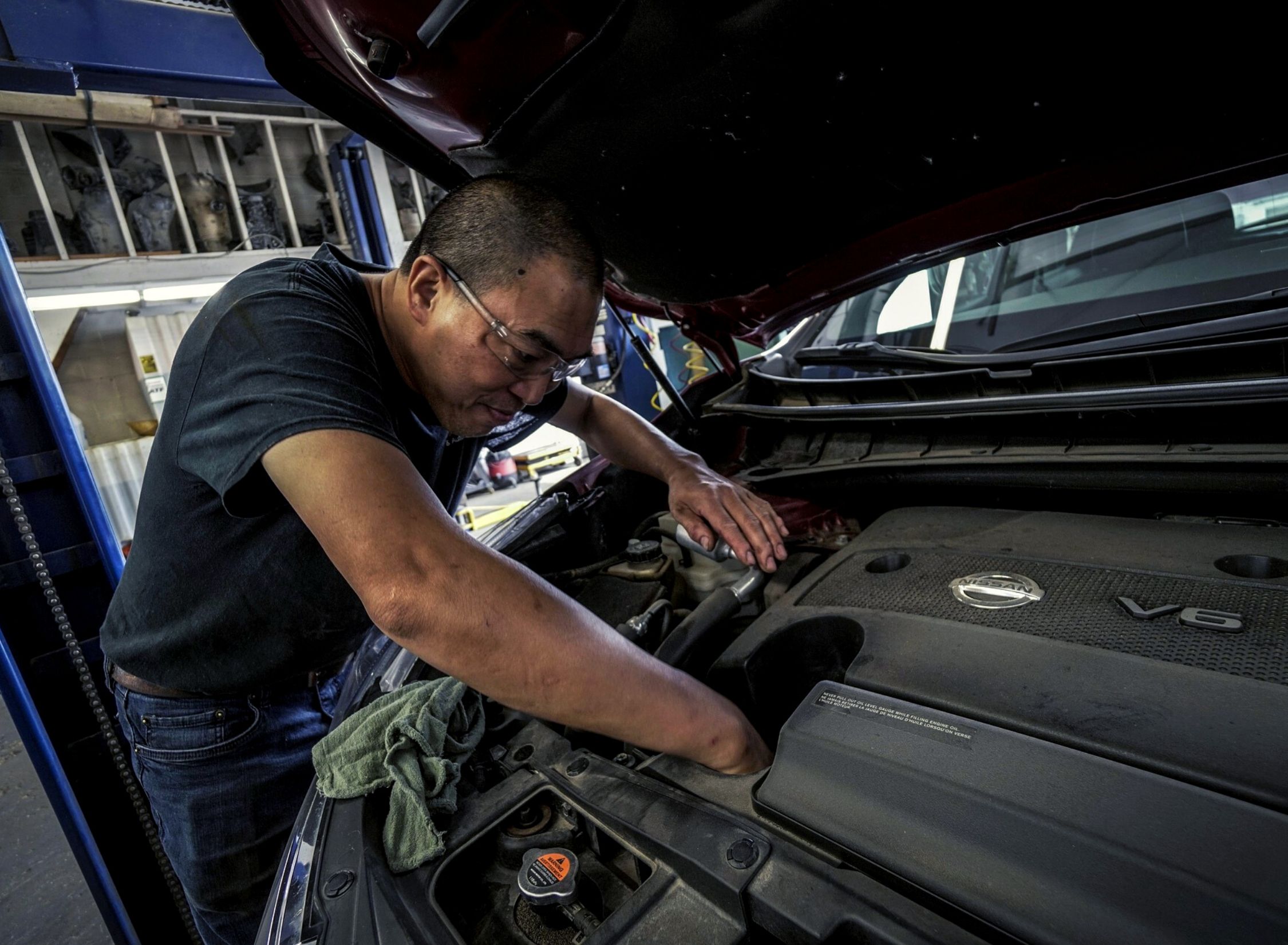All Categories
Featured

A car fixing warranty provides defense in case something goes wrong after the repair service, conserving you from unexpected prices. Comprehending the common components of vehicle fixing guarantees can help you feel more confident when dealing with repair services.
- Components Coverage. The parts replaced or fixed during an auto service are often the main focus of a car repair service service warranty. If a part fails within the insurance coverage period, the guarantee typically covers the expense of replacing the defective part.
OEM vs. Aftermarket Components: Original Equipment Manufacturer (OEM) components often feature a supplier's service warranty that might be longer than the warranty on aftermarket components. If the service center makes use of aftermarket parts, these might have a shorter warranty, but the shop may still supply a minimal warranty.
Component Failings: If a part mounted throughout a fixing fails within the guarantee period due to making problems or various other problems, it's usually replaced at no charge to you. Make sure to validate the part's insurance coverage and any limitations in the service warranty.
- Labor Insurance coverage. Labor is another important element of automobile fixing warranties. The job performed by technicians is generally covered under the warranty for a details period. If the repair fails due to inadequate craftsmanship, the service warranty often includes coverage for labor to fix the trouble.
Handiwork Failures: A labor warranty ensures that if the repair service was done incorrectly or if something was missed throughout the repair service process, the cost to remedy it is covered. This can include errors like damaged installation, improper modifications, or an incomplete solution.
Duration of Insurance coverage: Labor guarantees can vary in length, frequently ranging from thirty days to a year, depending upon the service center and the complexity of the repair service. The period is commonly linked to either time or mileage, such as 12,000 miles or 6 months, whichever precedes.
- Workmanship Assurance. Some automobile repair work stores offer a specific warranty on their handiwork. This warranty ensures that the job carried out fulfills a certain standard of quality. The warranty usually covers the expense to take care of the issue. if the car experiences troubles related to the repair service due to poor craftsmanship.
Quality Control: The craftsmanship guarantee serves as a guarantee that the repair service store waits its job. The shop will certainly take duty for dealing with the issue. if a failure occurs as an outcome of just how the repair service was done.
Timeframe: The duration for a handiwork assurance might vary. A guarantee could cover the job for 12 months or 12,000 miles, depending on the terms agreed upon.
- Period and Mileage. The length of time a warranty covers a repair service can differ. A lot of service warranties provide security for a specific duration or gas mileage, whichever comes initially. This makes sure that the client is secured for a practical amount of time after the fixing is completed.
Typical Timeframes: Guarantees are commonly valid for thirty day, 90 days, or up to a year. Some repair service shops might also use extensive warranties for significant repair services.
Mileage-Based Insurance coverage: Several service warranties are also mileage-based. A warranty may cover components and labor for up to 12,000 miles. This helps make sure that the repair is done appropriately and that the vehicle continues to work without further issues throughout a significant amount of driving.
- Exclusions and Limitations. Like all service warranties, auto repair service guarantees have constraints and exclusions. These are important to comprehend so you don't wind up with unanticipated out-of-pocket expenses.
Tear and use: Commonly, warranties won't cover parts that normally wear in time, like brake tires, belts, or pads. These products are subject to typical wear and are commonly omitted from a lot of guarantees.
Negligence and Abuse: If the automobile is harmed due to oversight, crashes, or inappropriate use, these fixings are not usually covered under the warranty. If the lorry is included in the problem or an accident emerges from disregarding maintenance, the guarantee would not use.
Regular Upkeep: Warranties commonly don't cover the cost of routine maintenance, such as oil changes or liquid substitutes, unless specified by the store.

- Transferability of Warranty. Some guarantees may be transferable to the new proprietor if you determine to market your lorry after obtaining repairs. This can enhance the resale value of your vehicle, as the customer will profit from the service warranty. Nonetheless, not all guarantees are transferable, and it is very important to ask the service center concerning this prior to purchasing a warranty.
Just How to Transfer: If transferable, the process is usually simple, but you may need to give the original guarantee documentation or educate the service center of the car transfer. It's constantly a great idea to verify the information in creating. 7. Extra Benefits and Benefits. In some situations, auto repair work service warranties might come with included rewards, such as roadside assistance, rental auto protection, or towing. These benefits are usually supplied as component of an extended guarantee or a consumer commitment program.
Roadside Support: Some service center provide 24/7 roadside assistance as part of their warranty bundle. If you experience a breakdown or various other problems while traveling., this service can be important.

Rental Automobile Protection: If your vehicle is in the buy a prolonged period, some guarantees might include rental cars and truck coverage to assist you stay mobile.
Final thought. Vehicle fixing warranties provide essential security for both parts and labor, guaranteeing that if something goes wrong after a repair, you are covered. These warranties generally cover the price of parts, labor, and often handiwork, yet they also include exemptions like damage or damages triggered by crashes. By comprehending what's included in your warranty and asking the best inquiries, you can make informed decisions and prevent prospective issues with unforeseen fixing costs. Constantly review the fine print and clarify details with your service center to ensure you have the defense you need.
Latest Posts
Affordable Luxury: Discover the Advantages of Laminate Floor Covering
Published Apr 20, 25
1 min read
Score Major Discounts with Montclare Auto Repair Offers - Act Fast!
Published Apr 20, 25
2 min read
Maximize Your Savings Prospective with WyHy MAX Money Market
Published Apr 20, 25
1 min read
More
Latest Posts
Affordable Luxury: Discover the Advantages of Laminate Floor Covering
Published Apr 20, 25
1 min read
Score Major Discounts with Montclare Auto Repair Offers - Act Fast!
Published Apr 20, 25
2 min read
Maximize Your Savings Prospective with WyHy MAX Money Market
Published Apr 20, 25
1 min read